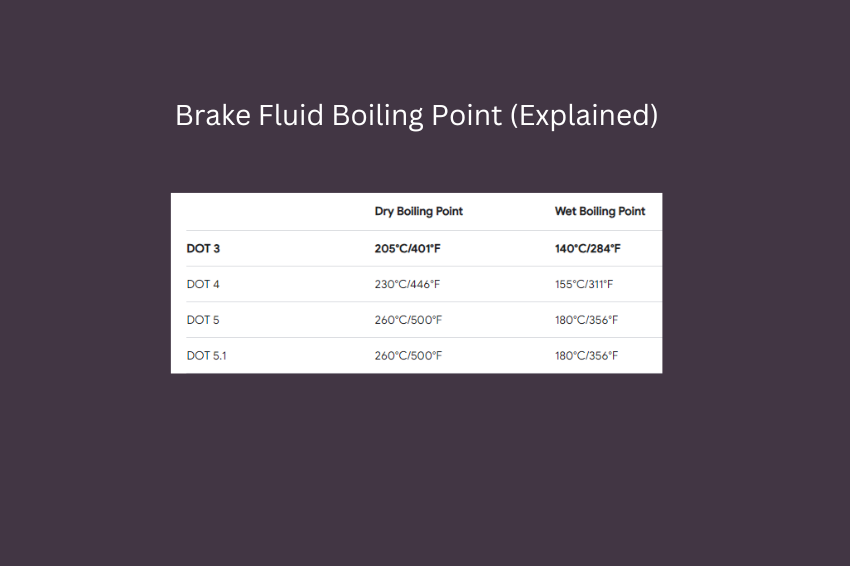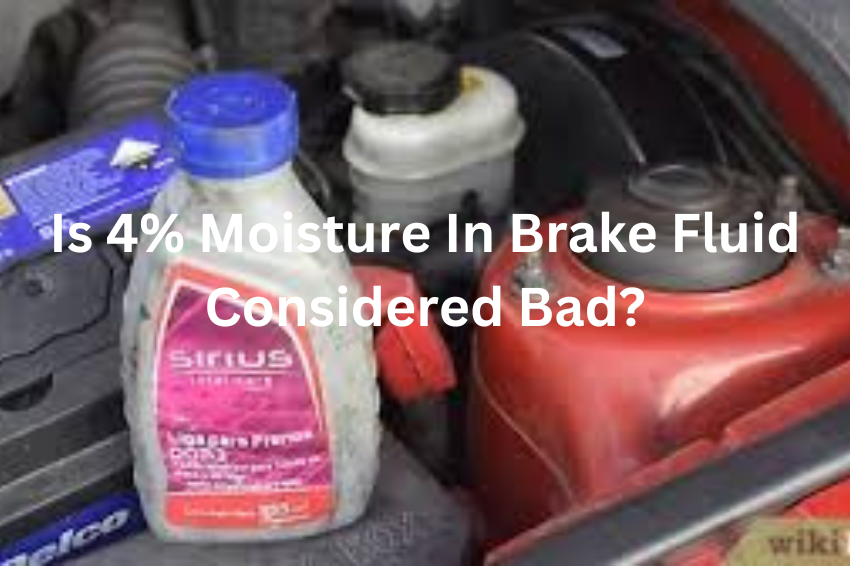Brake Fluid Boiling Point (Explained)
Understanding brake fluid boiling point is important for safe driving. This guide explains what it means, why it matters, and how it affects your braking performance. Plus, you’ll learn the warning signs of boiling brake fluid, discover how to prevent it with proper maintenance, and ensure your brakes function reliably every time you hit the … Read more









